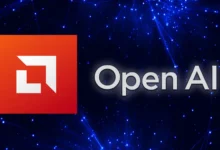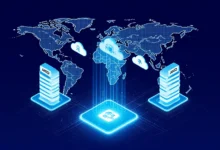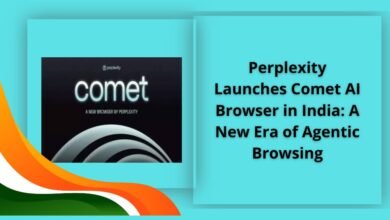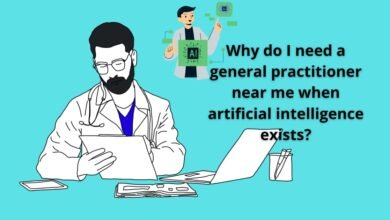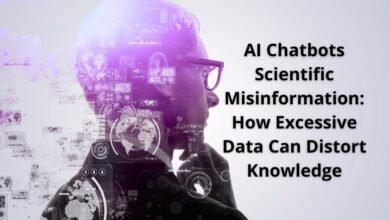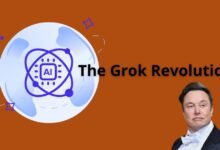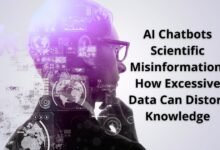Thomas Kurian and the Future of AI Collaboration in 2025
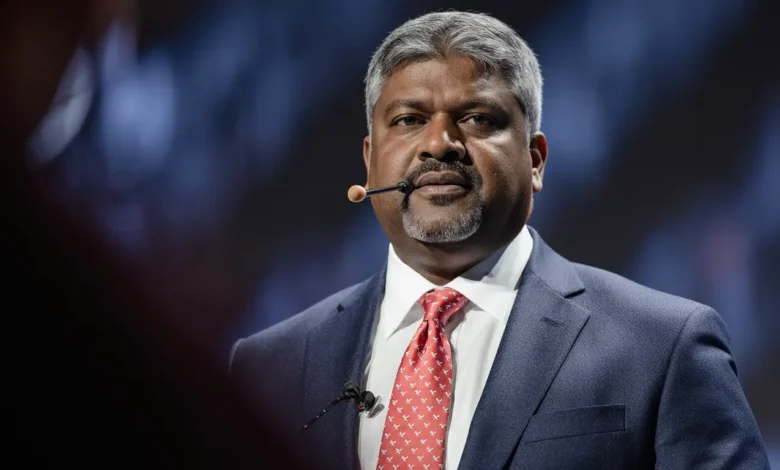
AI Collaboration in 2025: Thomas Kurian’s vision of human-machine partnership reshapes enterprise innovation.
table of contents
Thomas Kurian’s Vision for AI Collaboration in 2025
When Thomas Kurian, the CEO of Google Cloud, speaks about artificial intelligence, the global tech industry listens closely. His latest statements in 2025 have sparked a wave of debate — not about replacing human workers with AI, but about empowering them. Kurian insists that artificial intelligence must amplify human capabilities, not eliminate them. This shift in tone represents a major recalibration in how Silicon Valley views the role of technology in the workplace.
According to Kurian, the next generation of AI systems will not be defined by automation alone, but by collaborative intelligence — a model where humans and machines share tasks, learn from each other, and accelerate innovation together. This approach is becoming the new foundation of enterprise technology at Google Cloud.
AMD Stock: How the OpenAI Deal Redefined AMD’s Position in the Global AI Race
The Strategic Rise of Gemini Enterprise
AI Collaboration in 2025 becomes clearer through Google’s new platform: Gemini Enterprise. Unveiled under Kurian’s leadership, it aims to make artificial intelligence accessible to every organization — regardless of technical expertise. The platform allows users to “chat” with their corporate data, build internal AI agents, and execute business operations in real time through a secure and unified interface.
What makes Gemini Enterprise revolutionary is its no-code / low-code environment. Non-technical employees can now design intelligent workflows without writing a single line of code. This democratization of AI, Kurian explains, is crucial to unlocking human creativity at scale.
Moreover, the platform integrates seamlessly with Microsoft 365, SharePoint, and other enterprise systems — a deliberate move to position Google Cloud as the “AI nerve center” of modern digital infrastructure.
The Oracle Partnership: A New Chapter in Cloud Cooperation
In one of the most unexpected moves of 2025, Google and Oracle announced a deep integration of Gemini AI models into Oracle Cloud Infrastructure (OCI). For years, these two giants were fierce competitors in the enterprise cloud market. Now, under Kurian’s pragmatic leadership, they are collaborators.
This partnership allows Oracle’s vast customer base to access Gemini models directly within OCI, combining Google’s AI innovation with Oracle’s powerful enterprise systems. The result is a hybrid ecosystem where organizations can deploy AI faster, manage data more intelligently, and scale globally with confidence.
Kurian’s message was clear: “Collaboration, not isolation, defines the future of enterprise technology.”
AI Collaboration in 2025 and the Human Element
While much of the industry focuses on the technical race — faster models, larger datasets, more GPUs — Kurian focuses on ethics and purpose. He emphasizes that AI must be developed responsibly, with human oversight at its core.
He has repeatedly stated that “AI will automate routine work, not meaningful work.” In practice, that means offloading repetitive customer interactions or data categorization to AI systems, while humans concentrate on empathy, judgment, and creativity — the qualities that define real intelligence.
This perspective resonates with enterprises that fear the social backlash of automation. Instead of job cuts, Kurian’s vision promotes job evolution, where employees learn to use AI as a collaborative tool rather than view it as competition.
The Symbiotic Relationship Between Cloud and AI
Kurian’s philosophy extends beyond AI tools to the very infrastructure that supports them. He describes a symbiotic relationship between cloud computing and artificial intelligence: as AI models grow more sophisticated, they demand scalable, flexible cloud environments; simultaneously, as cloud infrastructure advances, it enables new forms of AI innovation.
Under his leadership, Google Cloud is becoming both the engine and the laboratory for this symbiosis — offering businesses not just data storage, but intelligent systems that think, learn, and adapt in real time.
The Competitive Landscape in 2025
In 2025, the AI cloud battle between Google, Microsoft, and Amazon is fiercer than ever. Yet, Kurian’s strategy sets Google apart: rather than simply building bigger models, Google Cloud focuses on making AI enterprise-ready — secure, ethical, and practical.
Analysts note that this shift appeals strongly to Fortune 500 companies that value compliance, data sovereignty, and transparent governance. With Gemini Enterprise and its Oracle partnership, Google Cloud positions itself as the trusted platform for intelligent transformation.
The Road Ahead: Redefining AI Collaboration
As 2025 progresses, Thomas Kurian’s vision for AI collaboration signals a turning point in the global technology narrative. He is not selling a product — he is proposing a philosophy: that innovation reaches its peak when machines amplify human potential rather than replace it.
In this sense, “AI Collaboration in 2025” is not merely a trend — it is a movement toward a more human-centered digital era.
Kurian’s leadership reflects a balance between technological ambition and ethical responsibility, making Google Cloud a key architect of the world’s AI-driven transformation.
FAQ
Q1: What is Thomas Kurian’s main vision for AI in 2025?
He envisions AI as a collaborative force that augments human capabilities rather than replacing workers.
Q2: What is Gemini Enterprise?
It is Google Cloud’s enterprise AI platform that allows organizations to create intelligent agents, analyze data, and automate processes through a no-code interface.
Q3: Why is the Google-Oracle partnership important?
It bridges two powerful ecosystems, giving businesses access to Google’s Gemini AI within Oracle’s cloud environment for better performance and scalability.
Q4: How does Kurian view automation and employment?
He believes AI should remove repetitive tasks while allowing humans to focus on creativity, problem-solving, and innovation.
Q5: What differentiates Google Cloud’s AI strategy from competitors?
Google emphasizes responsible AI, enterprise integration, and collaboration — not just model size or performance metrics.
Discover more from Feenanoor
Subscribe to get the latest posts sent to your email.
